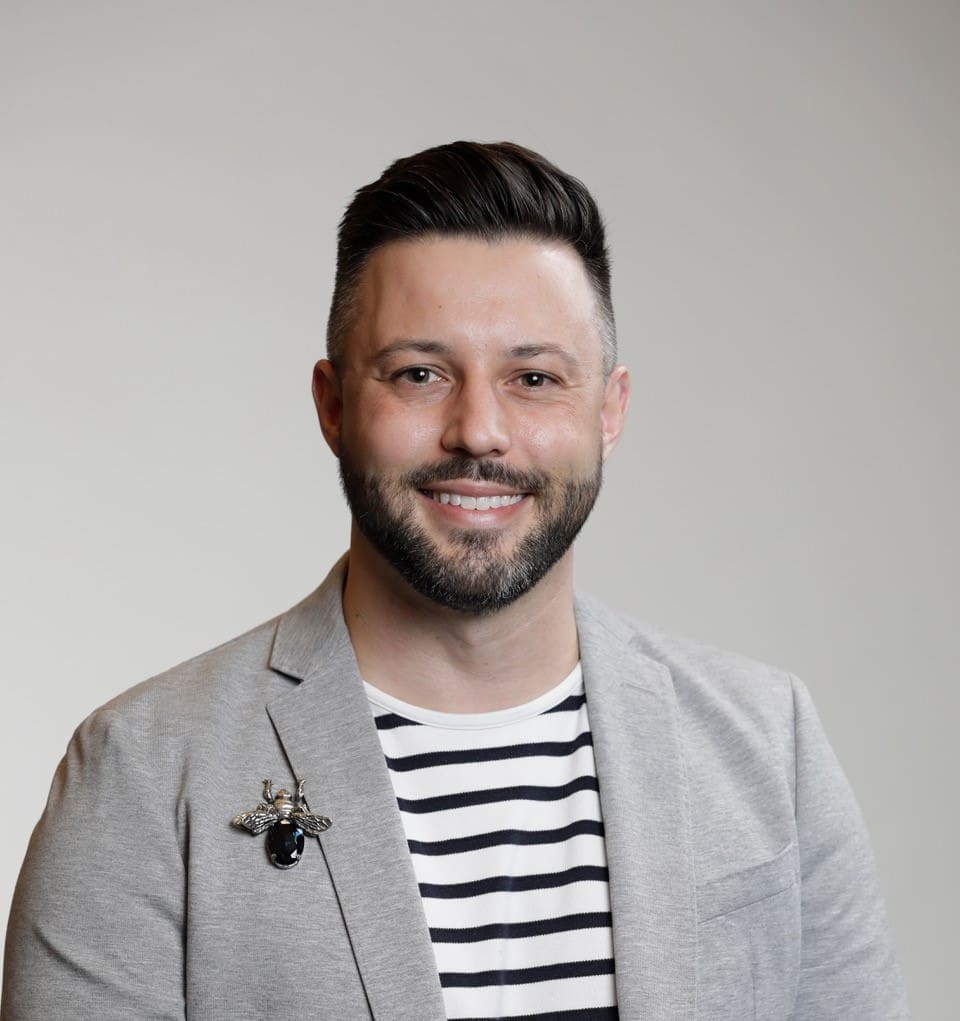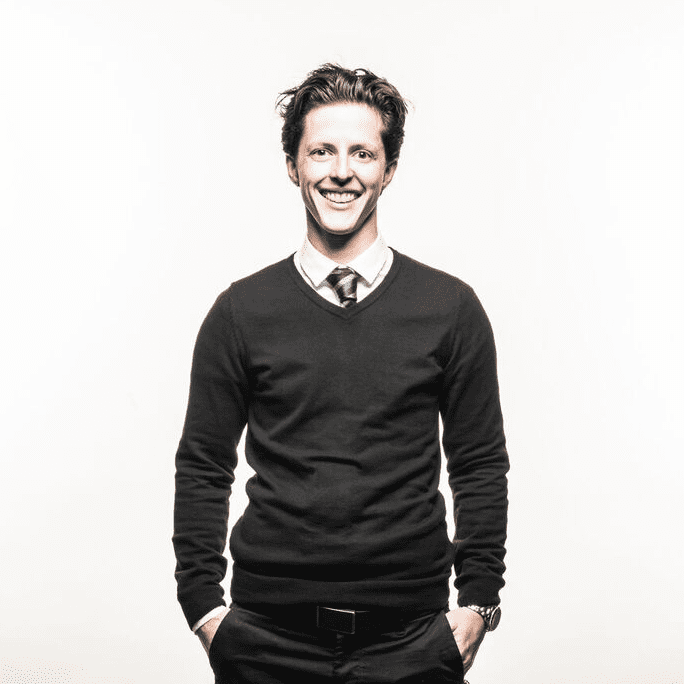By Dr. Nic M. Weststrate

I’m a story scientist with an important message: Storytelling is good for your health. I’m not talking about fairy tales, big fish stories, or other flights of fancy meant to entertain. I’m talking about what happens when you tell your life story. You see, I belong to a group of researchers—we call ourselves narrative psychologists—who study, among other things, the impact of storytelling on health and well-being. After many years of research, we know by now that people benefit psychologically, socially, and physically from sharing their life story with others. That’s right—not only can storytelling boost your psychological and social well-being, it can even get under your skin. Studies have found that telling your life story, either out loud or in writing, is associated with several desirable health outcomes like enhanced immune functioning, reduced inflammation, and biomarkers for optimal aging and longevity. Like I said, storytelling is good medicine.
Over the past few years, harnessing the power of storytelling in the LGBTQ+ community has been the focus of my research program. My colleagues and I have been studying what happens when LGBTQ+ people from different generations come together to share stories. As many of you know, there has always been a rich oral storytelling tradition in the LGTBQ+ community. This has been necessary for survival, and now thrival, in a world that has systematically silenced, erased, and distorted LGBTQ+ stories and experiences within mainstream public discourses. Holding this knowledge close to our hearts, we’ve been exploring the possibility that intergenerational storytelling might present a culturally safe and sustaining practice for promoting optimal being in the LGBTQ+ community.
In addition to the general health benefits named earlier, storytelling is especially important in the LGBTQ+ community because it fills a unique socialization gap. Through storytelling, LGBTQ+ elders transmit the community’s histories, cultures, knowledges, and practices to LGBTQ+ youth, sharing ancestral wisdom not taught in families of origin, in schools, or in the cultural mainstream. LGBTQ+ youth, in turn, teach elders about what it means to be coming of age as an LGBTQ+ person today, sharing new cultures, new knowledges, new practices, new ways of being, and new histories-in-the-making. While LGBTQ+ elders are the community’s historians and kinkeepers, LGBTQ+ youth are the bellwether for the future. And through storytelling, the generations—once kept apart due to legacies of fear and stigma and the limitations of space—are united. And everyone, we hope, feels a lot less alone.
So far, my research has yielded several insights into both the process and impact of LGBTQ+ intergenerational storytelling. We’ve learned that meaningful LGBTQ+ intergenerational contact is rare, and that storytelling seldom occurs spontaneously within these interactions. We’ve also learned that, despite its rarity, intergenerational storytelling is very important to LGBTQ+ people of all ages. What’s more, those people who engage in intergenerational storytelling more often are the same people who report higher levels of psychological and social well-being. Not so surprisingly, our research participants report experiencing a range of positive emotions when listening to stories from other generations, including joy, warmth, inspiration, awe, and gratitude. They also report learning fundamental life lessons through storytelling and discovering a deeper sense of solidarity with, and connection to, the LGBTQ+ community. All of this, it turns out, is great for your health! Together, these findings point in one direction: The crucial need for more spaces and opportunities to tell stories in the LGBTQ+ community.
At Pride Action Tank, we’ve begun to imagine ways to infuse storytelling into advocacy work. Recognizing the need for amplifying the voices of LGBTQ+ older adults, through our OUTReach Program, which seeks to create visibility for LGBTQ+ elders and educate about their needs, we’ve been training older adults to tell their narrative truths. For instance, I co-facilitate, with an award-winning professional storyteller, a 6-part workshop series called “Storytelling for Change.” Our participants sharpen their storytelling skills and learn to narrate a key scene from their life story that brings awareness to an important issue related to LGBTQ+ aging. Then, they take these stories on the road to advocate for structural changes that will improve the lives of LGBTQ+ older adults everywhere!
Our focus on storytelling for change embraces the principle that “behind every data point is a story.” We know that when information is presented in a story, it’s several times more memorable than when it is presented factually. Stories connect us to our emotions, encouraging both empathy and understanding, as the listener is transported into the storyworld of the teller. It even turns out that our brains are wired to respond to inspiring stories. Research has found that certain stories can trigger the release of neurotransmitters associated with prosocial and moral behaviors, increasing the likelihood of doing good. By now, our storytellers have shared their stories in a range of settings, including legislative breakfasts with policymakers, college classrooms, and community events. We have a literal “living library” of older LGBTQ+ adults who are ready and waiting to share their stories to make change.
So, what’s your story? We know you have one and we’d love to hear it. If you’re an LGBTQ+ older adult and interested in storytelling for change, or just getting in touch with your own life story, reach out to me or to [email protected] about getting on the list for an upcoming “Storytelling for Change” workshop series.
In the meantime, go find a someone from a different generation and connect over a story from your life and theirs. Consider it your daily dose of exercise. It’ll be good for your heart in more ways than one.

